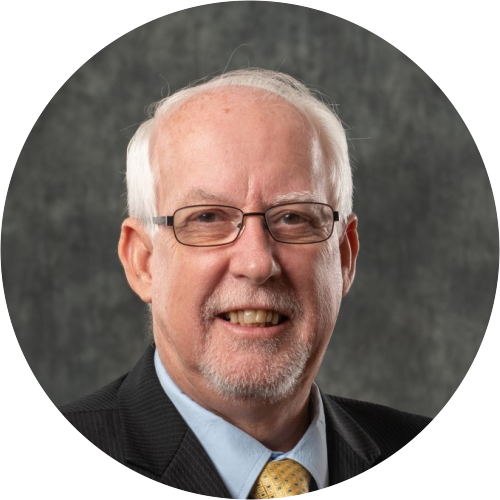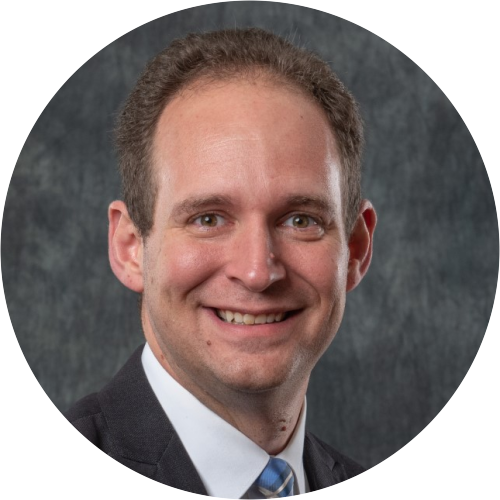Elders

Billy Bland

Jim Jackson
Deacons

Jerry Davis

Jeffery Ferrell

John Wofford

Andy Ratliff

Tim Wilkes II
Preacher

Clifton Angel
Pulpit Minister

Tim Wilkes II
Associate Minister
Biblical authority for governing the church
By: Adam EvansBiblical authority resides in Christ who has all authority (Matt 28:18-20) and who is the head of the church (Eph. 5:25). The head has provided direct and full revelation (Jn. 14-16) to his apostles and prophets (Eph. 3:2-6) through the Holy Spirit. Paul teaches that if we want to know the mind of God, then we must read what those who have been inspired by the Holy Spirit have written. We today do not receive a direct operation of the Holy Spirit nor do we receive direct revelation from God by the Holy Spirit. Rather, we have the sword of the Spirit, the word of God (Eph. 6), which equips up unto all good works (II Tim. 3:16-17) and provides us with all things that pertain to life and godliness (II Peter 1:3). When we read it, we may know the will of Almighty God.
Faith comes by hearing the word of God (Rom 10:17). If our faith is not based upon the word of God, then it is not truth faith. Heb. 11:6 teaches that faith is required in order to please God. However, if our faith is not in accordance with the word of God, then it does not please God. All of this has a bearing upon biblical authority. The holy scriptures provide the authority for the church, especially for the government of the body of Christ.
Eph. 4:11 teaches that apostles, prophets, were all part of God’s plan.
Today we do not have apostles since no one living today can meet the qualification of an apostle. (Acts 1:22). Those apostles served their divine purpose as did the prophets.
The prophets and prophecy were also temporarily used during the infancy of the church. Paul through the Holy Spirit teaches us that the spiritual gifts given during the first century were temporary. I Cor. 12 gives us those gifts and I Cor. 13:8-ff teaches us that prophecy would not continue. It teaches that the prophecy was limited in that it only gave parts of God’s word at a time. Whereas the complete written revelation of God would come and there would no longer be a need for partial verbal revelation. Praise God, we have the completed written revelation of Almighty God.
We today still have evangelist who are making full proof of their ministry. Those who evangelize and share the gospel of Christ with others are doing this work. II Tim 4:2-5
Pastors (Elders) today are appointed by those whom they serve according to God’s qualifications set forth in Holy Writ (I Tim 3; Titus 1; I Peter 5; Heb 13). They are known in the Bible as Elders, Bishops, the Presbytery, Pastors, Shepherds, and Overseers. They are known more commonly today as Elders. The Eldership answers directly to the head of the church, Jesus Christ. They do this by following the head’s mandates found in his guidebook, the Bible. They do not have authority to create new doctrine. They exercise authority in matters of expediency and also in matters of fellowship as they shepherd the flock.
Teachers are a vital part of the functioning body of Christ. Teachers only provide insight to the biblical text by using sound hermeneutical principles. They do not deviate to the left or right, but follow the word in biblical balance. They do not follow a New hermeneutic, but follow sound, reasonable, logical biblical hermeneutics.
Deacons may be appointed to facilitate the work of God delegated to them by the Eldership. Those Deacons are required to meet certain qualifications also found in the New Testament (I Tim 3:8-13). They provide a valuable service today for the work of God in the body of Christ.
Original Article: https://www.valdostacoc.com/im-new/elders
